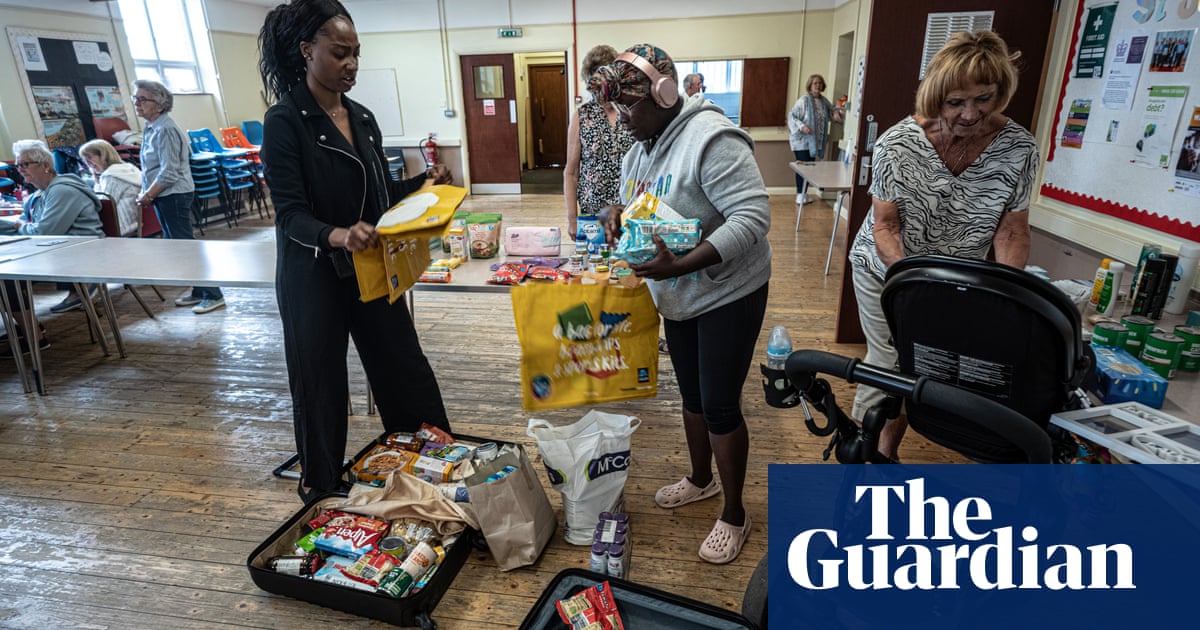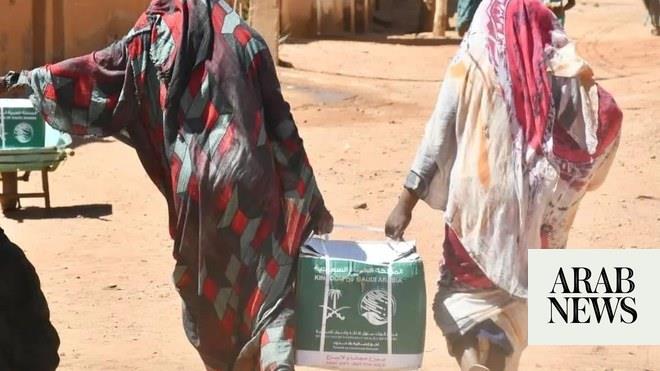
Which would you prefer: a shopping bag of items you didn’t choose, or the money to buy what you need?
Most people living in poverty and accessing food banks don’t get asked this question. Last week, the government released guidance about how local authorities in England should distribute the household support fund – a one-off pot of £421m set aside by the Department for Work and Pensions to help people on low incomes meet basic needs as the country recovers from the pandemic this winter. However, by suggesting that local authorities use food banks as delivery partners, and promoting the use of vouchers instead of cash to avoid the “risk of fraud” and recipients buying things outside the “policy intent”, the guidance normalises food aid, rather than empowering individuals to make their own decisions.
Such an approach reveals the underlying belief of this government, and others before it, that people affected by poverty are incapable of managing their money. This pervasive and damaging attitude is an assumption based on prejudice. It also denies the structural causes of poverty, which have been shown time and again to be inadequate social security, rising living costs, lack of well-paid secure work and racial injustice.
Alongside my work as a clinical psychologist in the NHS, I volunteer with the Legendary Community Club, a small team distributing food aid through local schools and youth service provider Youth First, in the south-east London borough of Lewisham. We are part of the Independent Food Aid Networkand are keen campaigners for a cash-first approach to food insecurity.
This summer, in collaboration with the families we support at the LCC, we designed a small-scale study to look at the economic and psychological impact of receiving cash instead of food packages. Each of the seven families that took part was given £36 weekly – the approximate cash equivalent of their usual food package – for four weeks. Participants told us that the cash provided more choice, less waste and better budgeting opportunities.
Increased flexibility was a key theme. “Sometimes I will do shopping, or one week I might not need shopping … and I need gas,” said one participant. Others highlighted the flexibility of cash over council-issued vouchers pointing out that it removed the embarrassment of using vouchers at the tills, and the chance of them being rejected. We know that visiting a food bank can be a humiliating experience: often, accessing food banks involves queueing and answering questions about why help is needed, which can make the process stressful and undignified. Cash allowed people to shop around and cater for specific needs such as allergy-safe or culturally appropriate foods.
Choice and autonomy also emerged as important themes in the report. Participants were keen not to let food go to waste. “It was useful for me because my kids don’t eat everything … So the cash is more helpful … because I can buy exactly what I need,” said another participant. Being able to budget across needs allowed room for non-essentials and spontaneous treats, which had psychological benefits, as one mother explained: “When we come to pick up the money, sometimes I’ll bring [my son] with me. And he’d be like, ‘Oh, Mum, can we get ice cream today?’ And I’d be like, ‘Yeah, son!’ I feel good that I could get him something that he wants, not just the necessities.”
Poverty is bad for our mental health, enforcing health inequalities among more structurally at risk people – families with children, lone parents, disabled people, migrants and racialised as Black, Asian and Minority Ethnic people. These are the same groups who have been disproportionately affected by Covid-19. It doesn’t take a clinical psychologist to work this out – the families told us the cash would be better before we even began, that cash provides a more efficient way to address poverty, and that they benefit psychologically from the choice it allows them. It’s obvious. That’s why the people who are being affected by a policy decision should be meaningfully involved in the solutions within local and central government. They know best, so why can’t we trust them?
There’s a sad acceptance in our midst of food poverty and a normalisation of food banks, a clearly ineffective, undignified and unsustainable response to the fact that people don’t have enough money to afford food. It’s become acceptable to leave it up to volunteers to plug the gaping holes left by inadequate social security payments and wages; to unnecessarily transport surplus food produced by a wasteful system when it would be easier if food were affordable for all; and for people to have to jump through hoops to get handouts rather than afford to eat and to live with dignity.
Now is the time for us to change the food-bank narrative and put a cash-first approach at the heart of both our local and national responses. A number of councils already distribute direct cash support to their residents – others must do the same.
Dr Rachel H Tribe is a clinical psychologist and food bank volunteer












